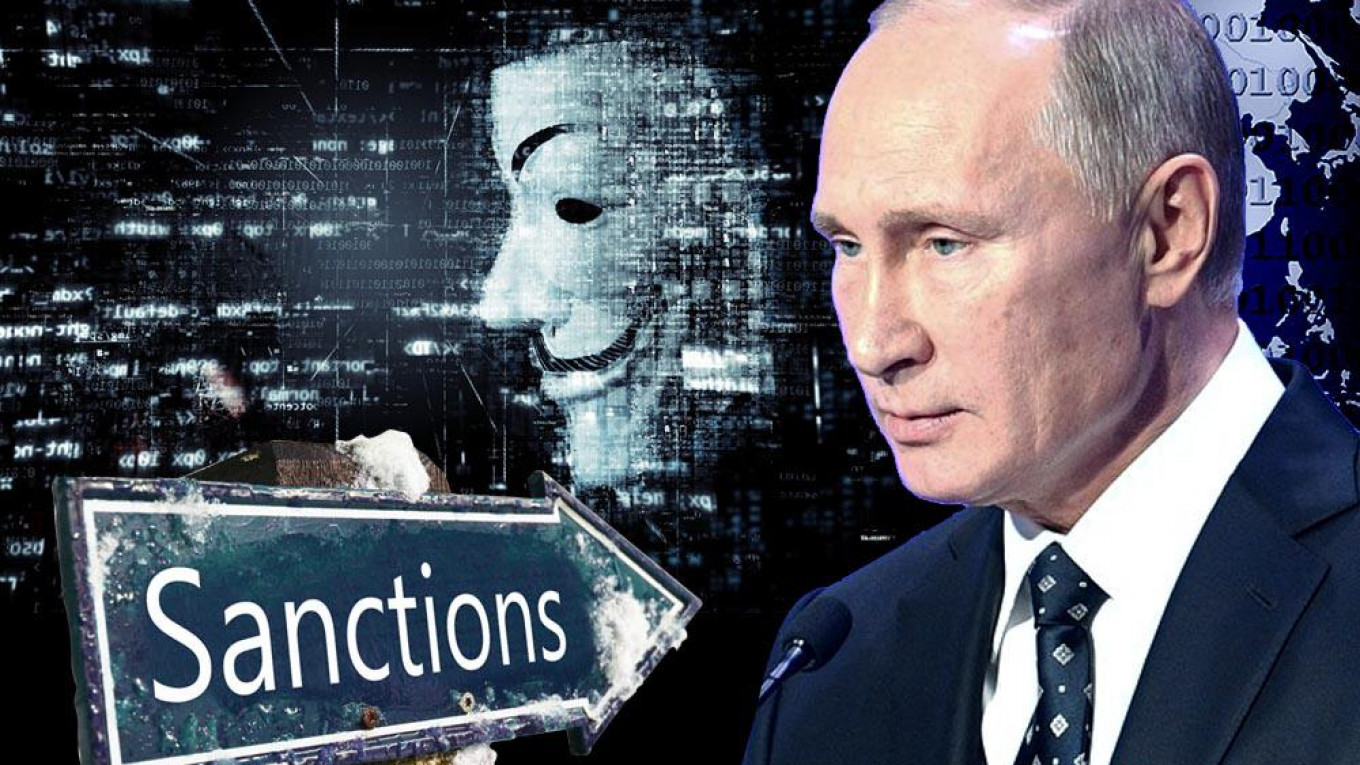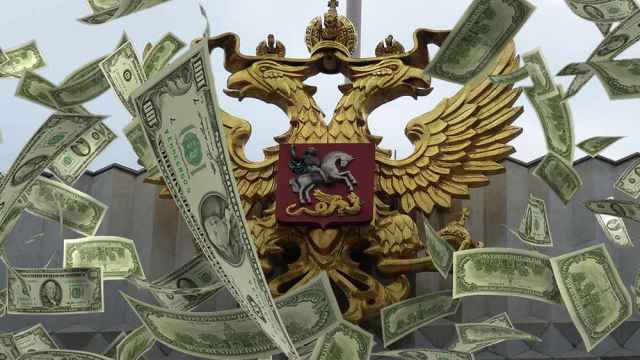1. Putin’s Fourth Term Announcement Calms Anger over Olympic Ban
What happened:
On Wednesday, Vladimir Putin made a long-anticipated announcement: He will run for Russian president for the fourth time. The election is scheduled for March 18, 2018. Putin made his announcement while speaking to workers at one of his country’s largest automotive plants, the day after the International Olympic Committee banned Russia from the 2018 Winter Olympics.
What we think:
The timing of the announcement was no coincidence, sources familiar with the Kremlin agenda say. Russian leaders are bitterly frustrated by the Olympic ban. Although Putin didn’t mention it directly, his message was clear: Foreign adversaries aren’t going to drive him from ruling his country.
Why the world should care:
Putin hasn’t ordered a boycott of the Olympics, and vowed no retaliation against Western countries, which he believes conspired to throw Russia out of the Games.
With the Russian president, such restraint usually means retaliation will follow later — and will be as big as possible. The worst insult for Putin might not even be the ban, but the revocation of Russian athletes’ gold medals won at the Sochi 2014 Games, which Putin regards as a personal victory.
While still in power, Putin will continue to push forward on the West. This also means that for the next six years Russia will remain a tough place for investment, where higher risk doesn’t necessarily mean higher returns.
2. Treason Case Against FSB Officers Linked to U.S. Election Hacking
What happened:
The Bell has learned that the FSB’s top cyber-crime expert, charged with treason in Russia, is suspected of leaking information to Washington confirming Russian hacker attacks — something that has been long denied by Russian authorities.
Why the world should care:
This is the first account of the cyber attacks based on Russian sources. Until now, almost everything known about the case has been based on reports or leaks from the American intelligence community and cyber-security companies.
The story gives insight into how Russian intelligence recruits and uses criminal hackers, and how the competition between two Russian intelligence agencies could have compromised the U.S. cyber attacks.
3. Russian Government Tries to Find Out Details of New U.S. Sanctions Plan
What happened:
High-ranking Russian officials are trying to discover more about new U.S. sanctions, which may be imposed in February. One sensitive issue is a list of oligarchs close to the Russian regime and senior officials not yet subject to sanctions, which is to be drawn up by the Treasury Department.
Vladimir Putin’s closest friends and allies are already sanctioned. The new list will include more businessmen, whose ties to the regime are not so evident. As big business in Russia historically depends on good relations with the government, most of the Russian Forbes list is potentially at risk.
The Bell has reported in October that the oligarchs are worried about the new sanctions, and are trying to find a way not to appear on the list. In November, Reuters described it as a major concern for Russia’s wealthiest people.
Now, The Bell has learned that one of the possible conditions for Russian businessmen to be included on the blacklist might be their record of receiving more than $300 million in financial support from the government.
During the economic crisis of 2008-2009, dozens of large Russian companies, mostly in heavy industry, banking and transportation, received state funding under a government-devised program.
Why the world should care:
Not only government officials are getting ready for the new sanctions. Russian billionaires, who keep much of their money in the West, might need to take their funds back home. Estimates of the amount of money held by Russians abroad range from $200 billion to $1 trillion.
The original version of this newsletter first appeared on The Bell.
A Message from The Moscow Times:
Dear readers,
We are facing unprecedented challenges. Russia's Prosecutor General's Office has designated The Moscow Times as an "undesirable" organization, criminalizing our work and putting our staff at risk of prosecution. This follows our earlier unjust labeling as a "foreign agent."
These actions are direct attempts to silence independent journalism in Russia. The authorities claim our work "discredits the decisions of the Russian leadership." We see things differently: we strive to provide accurate, unbiased reporting on Russia.
We, the journalists of The Moscow Times, refuse to be silenced. But to continue our work, we need your help.
Your support, no matter how small, makes a world of difference. If you can, please support us monthly starting from just $2. It's quick to set up, and every contribution makes a significant impact.
By supporting The Moscow Times, you're defending open, independent journalism in the face of repression. Thank you for standing with us.
Remind me later.






